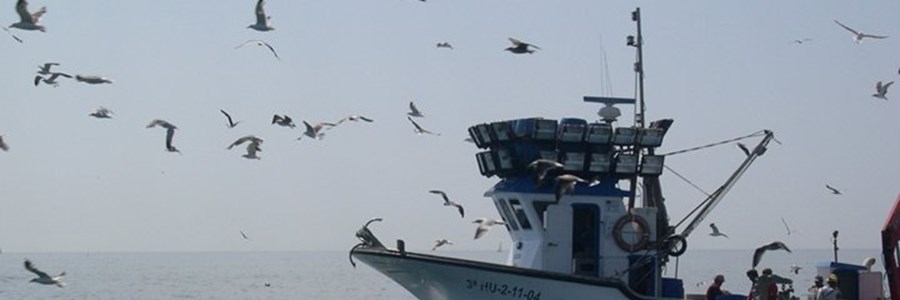Breakdown of negotiations on a new fisheries agreement between Guinea-Bissau and the EU due to unrealistic conditions proposed by the West African country

This week, officials from the European Union and Guinea-Bissau (GB) met in Brussels to discuss the new terms and conditions for a new Protocol implementing the current sustainable fisheries partnership agreement (SFPA). This new agreement would allow around 50 EU vessels to continue fishing important species such as tuna, cephalopods, horse mackerel or shrimps in GB's waters for the next years in a transparent legal framework. However, due to disproportionate economic and technical conditions proposed by GB's authorities, the negotiations have been put on hold. The fishing vessel owners represented by Europêche regret these developments and hope that negotiations can resume and lead to a realistic agreement beneficial for both parties in the near future.
The current fisheries Protocol signed between the EU and GB is bound to expire on 23rd November 2017. This agreement provides for a financial contribution of 9.2 million Euros per year (including 3 million Euros per year to support the fisheries sector), as well as an increased contribution to be paid by fishing vessel owners. This Protocol is known as a multi-species agreement since it covers tuna, cephalopods, horse mackerel, shrimps as well as other demersal species and forms part of the tuna network of fisheries agreements in West Africa.
It is now time for both parties to negotiate a new agreement before the current Protocol comes to an end. Both the EU and GB have shown great interest in the renewal since it offers complementary fishing opportunities for our vessels while contributing to the overall wealth and economy of the coastal areas of the country. Europêche reminds that the current agreement, apart from the economic contribution from both the EU and European operators, has created more than 150 direct jobs for local fishermen and 500 local indirect jobs that will be lost unless a new deal is struck. In addition, many EU vessels have been fishing in GB waters for many years and their livelihood depends on this fishery, which is why we are interested in continuing our strategic partnership and contributing to the local economy.
The fishing body strongly believes that the agreement with GB benefits fisheries management in the area and contributes to raise the environmental and social standards to achieve sustainable fisheries. In addition, the Protocol allows for the development of scientific research, surveillance, artisanal fisheries, training, know-how and higher quality products. Needless to say, other fishing nations such as China are present in these waters, whose standards and levels transparency are significantly lower than the Europeans, particularly after the latest legislative developments.
Javier Garat, President of Europêche, declared: ‘Our fishing vessel owners are willing to continue operating in GB waters under the most transparent fisheries agreement in the world. However, despite the European Commission efforts to reach a mutually-beneficial agreement, the conditions offered by GB’s authorities are far from being realistic, not based on facts and technically and economically unviable. Under these terms, the EU fishing sector would simply refuse to continue fishing in GB waters. Nevertheless, our operators trust that in the next round of negotiations the positions can converge in order to achieve a sustainable and good value for money agreement for both the EU and GB.’
Ends
Europêche represents the fisheries sector in Europe. Currently, the Association comprises 15 national organisations of fishing enterprises from the following 10 EU Member States: DE, DK, ES, FR, IT, MT, NL, LV, PL, UK.
Press contacts:
Daniel Voces, Acting Managing Director of Europêche: +32.2.230.48.48 daniel.voces@europeche.org
Sources: Europeche
Attachments:
Tags: Guinea-Bissau, eu, Protocol, SFPA